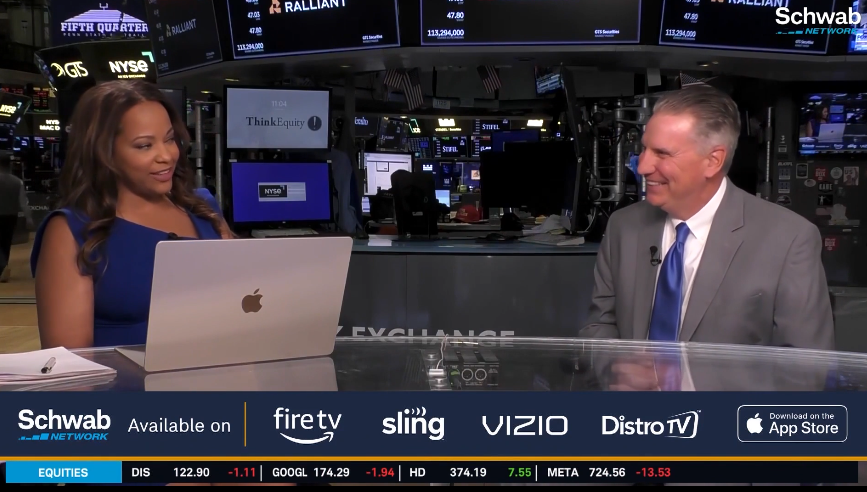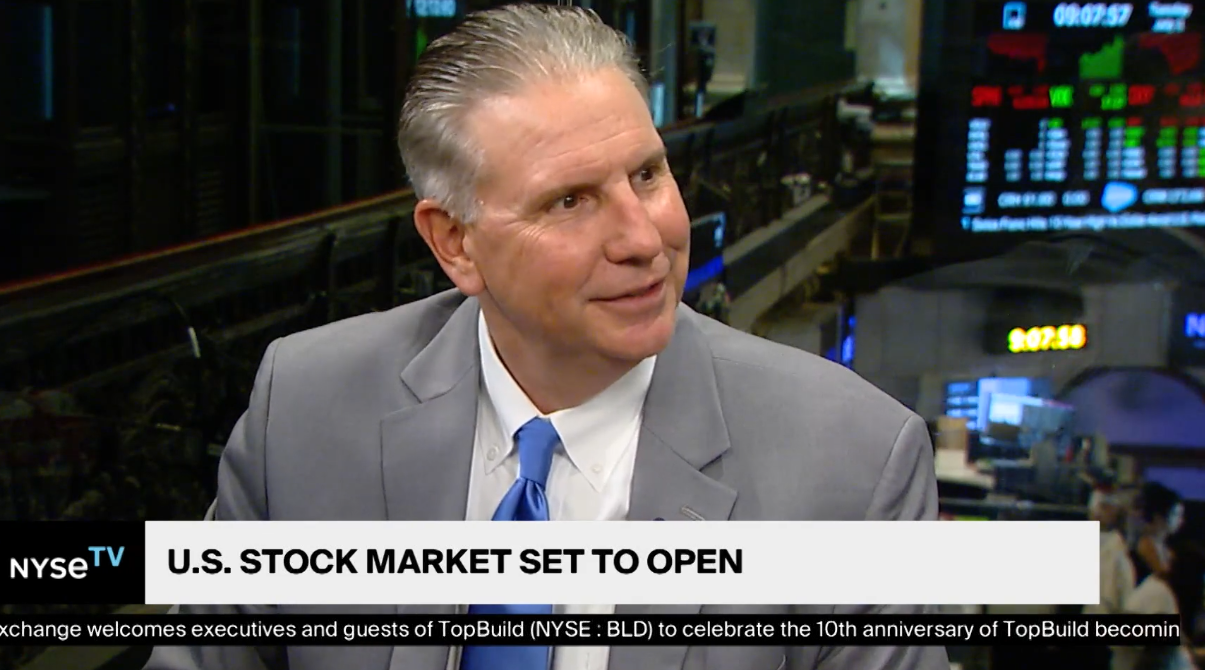
Stocks Rebound Against Busy Week of Economic Data
Market Overview

Sources: Equity Market, Fixed Income and REIT returns from JP Morgan as of 02/19/16. Rates and Economic Calendar Data from Bloomberg as of 02/22/16.
Happening Now
U.S. stocks rebounded last week, with the S&P 500 Index gaining 2.9% over the holiday shortened four day trading session. Risk assets appeared to be back in favor as the small cap focused Russell 2000 Index finished the week 3.9% higher. On the international front, developed markets, as measured by the MSCI EAFE Index, experienced a 4.5% gain while emerging markets, as measured by the MSCI EM Index, increased by 4.2%. For the year, U.S. stocks, as measured by the S&P 500 Index, are now down 5.9%, while international emerging market and international developed market stocks are down 6.6% and 9.1% respectively as of the close of business on February 19, 2016.
A heavy dose of economic data last week showed promising signs of improvement. The industrial production release beat estimates and inflation readings progressed toward the Federal Reserve’s year-over-year growth objectives, especially when excluding volatile food and energy prices. Combining the inflation measures with jobless claims data that came in below estimates, suggests additional rate hikes by the Fed will remain on the table in 2016, despite concerns of slower global economic growth. Additionally, housing starts and permits both came in slightly weaker than expected relative to a month ago but continue to trend higher on a year-over-year basis. These releases help confirm our view that the U.S. economy continues to grow gradually despite the persistent weakness in energy prices and volatility in equity markets around the globe.
Over the course of the past five years investors have had to deal with unprecedented monetary policy, low, and in some cases negative, interest rates and great geopolitical uncertainty, with each having different effects on asset prices. This type of environment can lead to mispricing in both equity and fixed income securities and unintentionally over/underweighted asset classes.
Important Information and Disclaimers
Disclosures: Hennion & Walsh is the sponsor of SmartTrust® Unit Investment Trusts (UITs). For more information on SmartTrust® UITs, please visit www.smarttrustuit.com. The overview above is for informational purposes and is not an offer to sell or a solicitation of an offer to buy any SmartTrust® UITs. Investors should consider the Trust’s investment objective, risks, charges and expenses carefully before investing. The prospectus contains this and other information relevant to an investment in the Trust and investors should read the prospectus carefully before they invest.
Investing in foreign securities presents certain risks not associated with domestic investments, such as currency fluctuation, political and economic instability, and different accounting standards. This may result in greater share price volatility. These risks are heightened in emerging markets.
There are special risks associated with an investment in real estate, including credit risk, interest rate fluctuations and the impact of varied economic conditions. Distributions from REIT investments are taxed at the owner’s tax bracket.
The prices of small company and mid cap stocks are generally more volatile than large company stocks. They often involve higher risks because smaller companies may lack the management expertise, financial resources, product diversification and competitive strengths to endure adverse economic conditions.
Investing in commodities is not suitable for all investors. Exposure to the commodities markets may subject an investment to greater share price volatility than an investment in traditional equity or debt securities. Investments in commodities may be affected by changes in overall market movements, commodity index volatility, changes in interest rates or factors affecting a particular industry or commodity.
Products that invest in commodities may employ more complex strategies which may expose investors to additional risks.
Investing in fixed income securities involves certain risks such as market risk if sold prior to maturity and credit risk especially if investing in high yield bonds, which have lower ratings and are subject to greater volatility. All fixed income investments may be worth less than original cost upon redemption or maturity. Bond Prices fluctuate inversely to changes in interest rates. Therefore, a general rise in interest rates can result in the decline of the value of your investment.
Definitions
MSCI- EAFE: The Morgan Stanley Capital International Europe, Australasia and Far East Index, a free float-adjusted market capitalization index that is designed to measure developed-market equity performance, excluding the United States and Canada.
MSCI-Emerging Markets: The Morgan Stanley Capital International Emerging Market Index, is a free float-adjusted market capitalization index that is designed to measure the performance of global emerging markets of about 25 emerging economies.
Russell 3000: The Russell 3000 measures the performance of the 3000 largest US companies based on total market capitalization and represents about 98% of the investible US Equity market.
ML BOFA US Corp Mstr [Merill Lynch US Corporate Master]: The Merrill Lynch Corporate Master Market Index is a statistical composite tracking the performance of the entire US corporate bond market over time.
ML Muni Master [Merill Lynch US Corporate Master]: The Merrill Lynch Municipal Bond Master Index is a broad measure of the municipal fixed income market.
Investors cannot directly purchase any index.
LIBOR, London Interbank Offered Rate, is the rate of interest at which banks offer to lend money to one another in the wholesale money markets in London.
The Dow Jones Industrial Average is an unweighted index of 30 “blue-chip” industrial U.S. stocks.
The S&P Midcap 400 Index is a capitalization-weighted index measuring the performance of the mid-range sector of the U.S. stock market, and represents approximately 7% of the total market value of U.S. equities. Companies in the Index fall between S&P 500 Index and the S&P SmallCap 600 Index in size: between $1-4 billion.
DJ Equity REIT Index represents all publicly traded real estate investment trusts in the Dow Jones U.S. stock universe classified as Equity REITs according to the S&P Dow Jones Indices REIT Industry Classification Hierarchy. These companies are REITSs that primarily own and operate income-producing real estate.



